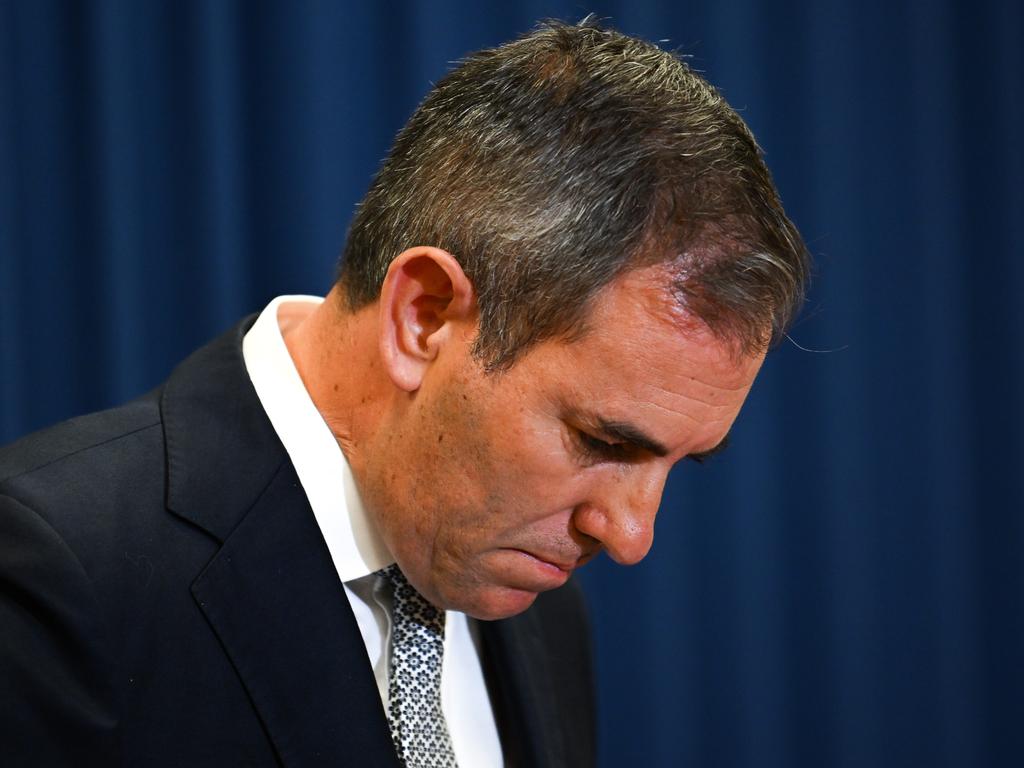Finally, some relief – but further cuts not guaranteed


But then again inflation is costly for pretty much everyone. We have tolerated inflation rates above the annual target band of 2 to 3 per cent for a similarly lengthy period. And here’s the thing: most prices won’t be reverting to their pre-Covid levels. We are stuck with them.
The lead-up to the old board of the Reserve Bank making its final decision has been particularly unedifying. Notwithstanding the legislated independence of the bank – its right to make its own decisions – the political pile-on has been extraordinary.
You know the sort of thing: “While I respect the bank’s independence, blah, blah, blah”. In other words, the person making that statement, from the lowliest backbencher to the top, has very little respect for this feature of the bank’s operation and thinks that jawboning may just do the trick.
And why stop at self-interested politicians? It’s useful to get various friendly ‘‘experts’’ to weigh in as well. The low point came last year when former Labor treasurer and Cbus chair, Wayne Swan, tried to issue some orders to the RBA.
It also wasn’t helped by the current Labor Treasurer, Jim Chalmers, accusing the bank of “smashing the economy”. If that’s not interference, I don’t know what is, although he had to walk back from his assertion because he realised this portrayal of the economy was both inaccurate and unhelpful from the government’s point of view.

The bank’s decision to cut the cash rate by 25 basis points was widely anticipated, including by the bond traders who had a lot riding on the outcome. It looks like a lineball call given that the bank’s statement that “in removing a little of the policy restrictiveness, the board acknowledges that progress has been made but is cautious about the outlook”. The use of the adjective ‘‘cautious’’ undercuts any certainty that we are seeing the beginning of a series of rate cuts this year.
For average mortgage holders, an extra $100 or so each month will be welcomed. But more savings down the track are not guaranteed.
This was made clear in the following way. “The board will continue to rely upon the data and the evolving assessment of risks to guide its decisions. In doing so, it will pay close attention to developments in the global economy and financial markets, trends in domestic demand, and the outlook for inflation and the labour market. The board remains resolute in its determination to return inflation to target and will do what is necessary to achieve that outcome.” The past few years have not shone a good light on either the bank or the government of the day. The bank took too long to respond to the inflation challenge and then was too timid in lifting the cash rate. A maximum rate of 4.35 per cent was very low by the standards of advanced economies. These economies were able to tame their inflation more quickly and to cut their official rates much sooner.
By the same token, government policy stances have not helped. There was too much spending to compensate for the Covid restrictions and then too much government spending after Covid, particularly on the so-called ‘‘care economy’’. The normal relationship between unemployment and inflation has become completely distorted by the massive proportion of new jobs in the non-market sector that are being funded, directly or indirectly, by taxpayers.
The very idea that the RBA should be motivated to save jobs even at the expense of slightly longer and higher inflation made no sense given that so many of the jobs were far removed from the private sector and normal commercial pressures. This dilemma is an ongoing issue.
No doubt, the Albanese government will hail the rate cut as evidence of policy success, with better things to come. It’s not clear that interest rate cuts moved the electoral dial in other places – for example, the US – but any decision by the bank to hold the cash rate would have taken a lot of explaining. In this sense, this Tuesday was a good one for the government.






It’s been a long time between drinks, although if you have a large mortgage, you may have felt the need for a drink or two. The cash rate hadn’t been cut for nearly five years. Those 13 increases starting in early 2022 have taken a toll.